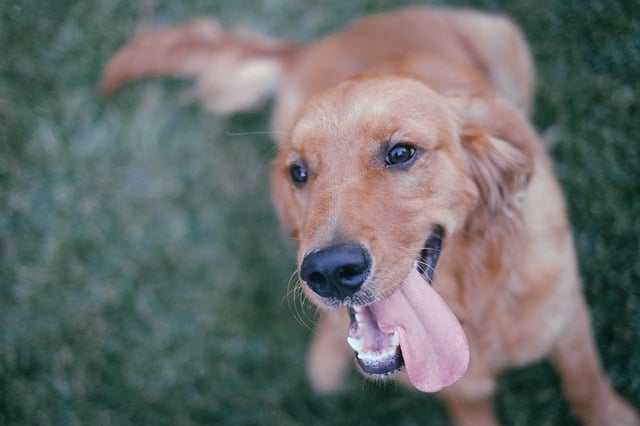

Southern Cross Pet Insurance is calling on pet owners to keep their animals safe every time they take them in a vehicle, particularly in the lead up to the school holidays.
Southern Cross Pet Insurance, alongside the Society for the Prevention of Cruelty to Animals (SPCA), has been promoting responsible pet ownership since 2015.
According to the insurer, its plea follows 16 claims for pets being injured while in vehicles over the past two years. Two of those claims involved dogs falling out of cars, each costing more than $3,000 in vet treatment.
Southern Cross Pet Insurance general manager Anthony McPhail said people don’t think twice about making sure their children are wearing seatbelts and our furry friends deserve the same.
“Nobody wants to have their holiday spoiled by having their beloved pet injured,” he noted. “Pet insurance is another safety measure for the things you can’t predict, especially since there’s no public health system for animals.”
SPCA chief executive Andrea Midgen, meanwhile, said: “All animals should be transported in a way that ensures their physical wellbeing.
“We suggest dog owners use a secured and safe crate, and cat owners keep them contained in a carry cage,” she added.
Here are other tips, as outlined by Southern Cross Pet Insurance, that brokers can pass on to clients when transporting their pets:
